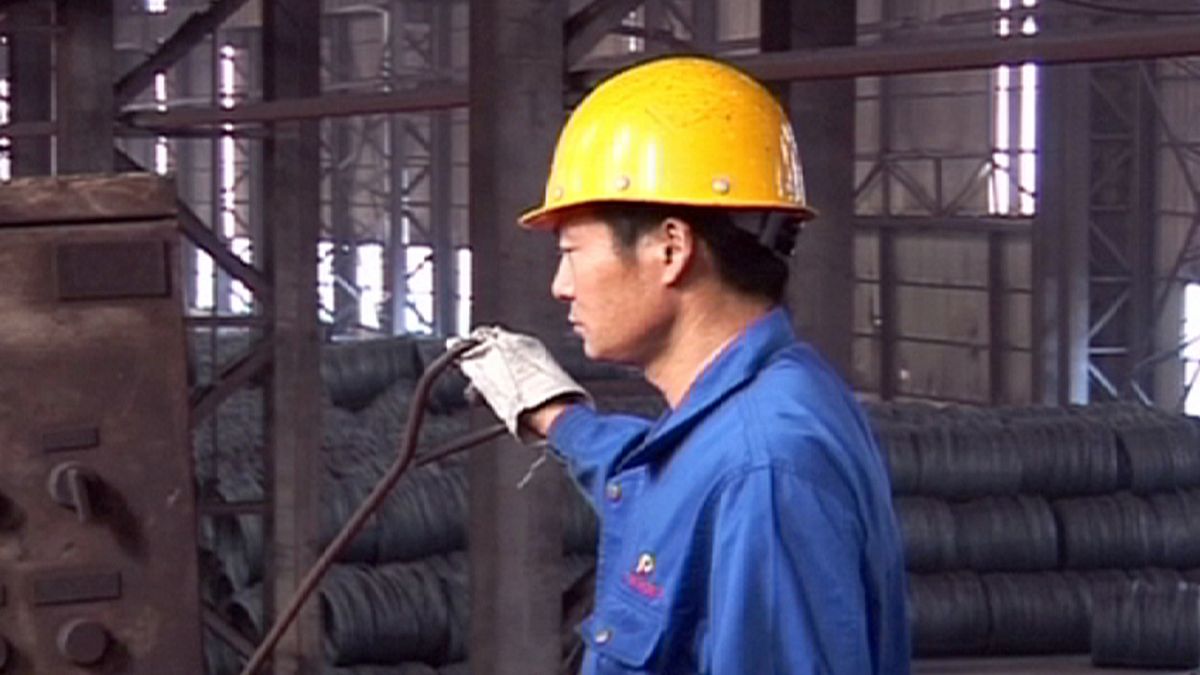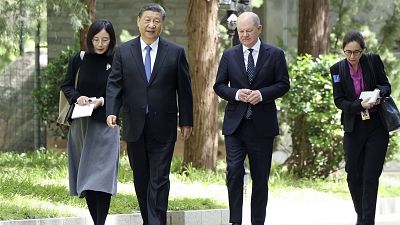China expects to lay off 1.8 million workers in the coal and steel industries as it addresses overcapacity in bloated state enterprises amid slowing economic growth.
Around 1.8 million Chinese coal and steel workers are to be laid off as Beijing tries to reduce overcapacity.
That is about 15 percent of the total workforce in those industries with those people being “reallocated”.
It is not clear when the layoffs will start or how long they will take.
China’s minister for human resources and social security Yin Weimin said he was “confident” the “very difficult task” can be carried out.
He told reporters at a news conference: “At present we are taking the steel and coal industries as our entry points to begin work in mitigating overcapacity and have already got some initial statistics, the (number of job losses in the) coal mines is roughly 1.3 million workers, and in steel it is 500,000.”
The government has said 100 billion yuan (14 billion euros) will be set aside to relocate workers and pay off the debts of companies which have to close.
China, which makes half the world’s steel, exported a record 112 million tonnes of steel last year, forcing down prices and putting pressure on other producers.
This is the first time China has revealed figures that underline the magnitude of its task in dealing with bloated and inefficient state enterprises amid slowing economic growth.
China's surplus steel is more than the entire steel production of Japan, Germany and the US https://t.co/cQ6uWwF2gvpic.twitter.com/39o7b6ICJH
— The Economist (@EconBizFin) 29 de fevereiro de 2016
For China’s stability-obsessed government, keeping a lid on unemployment and any possible unrest that may follow has been a top priority.
The world’s second-largest economy grew 6.9 percent in 2015, the weakest in 25 years, and the government aims to achieve economic growth of 6.5 to 7.0 percent in 2016.
“The economy faces relatively big downward pressures and some firms face difficulties in production and operation, which would lead to insufficient employment,” Yin said, adding that increasing numbers of graduates this year would also add pressure in the job market.



